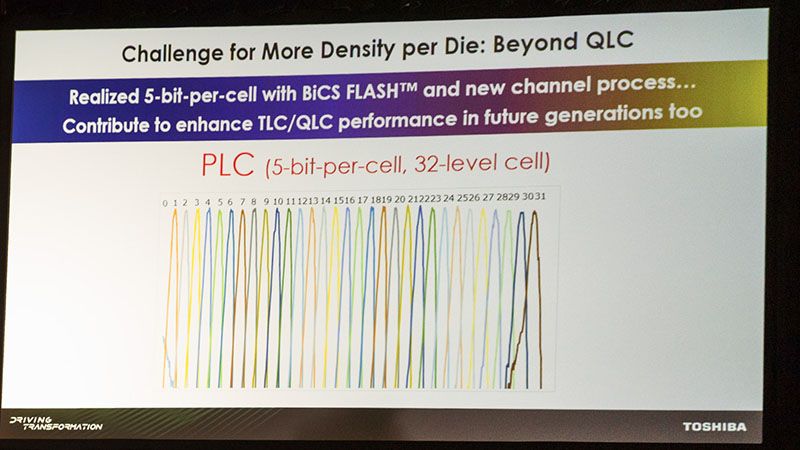Samsung Electronics is currently developing its seventh generation V-NAND memory with ultra-high 3D memory stack technology. The first model will have at least 160 layers, and the next ones are expected to have even more in the future.
Samsung V-NAND: 7th generation technology with 160 layers
The Korean company has shown no signs of abandoning the technology initiative of YMTC (a Chinese competitor). Its first 160-layer V NAND model will be launched simultaneously with YMTC’s 128-layer model by the end of 2020, so the drums of war between the two companies are already echoing on the horizon.
| Date | V-NAND |
| July 2013 | 1st generation (24-layer) 128Gb MLC V-NAND |
| August 2013 | 1st generation 128Gb MLC V-NAND 960GB SSD |
| August 2014 | 2nd generation (32-layer) 128Gb 3-bit V-NAND |
| September 2014 | 2nd generation V-NAND SSD |
| August 2015 | 3rd generation (48-layer) 256Gb 3-bit V-NAND |
| September 2015 | 3rd generation V-NAND SSD ‘850 EVO’, ‘950 PRO’ |
| December 2016 | 4th generation (64-layer) 256Gb 3-bit V-NAND |
| January 2017 | 4th generation V-NAND SSD |
| January 2018 | 4th generation 512Gb V-NAND 30.72TB SAS SSD |
| May 2018 | 5th generation (9x-layer) 256Gb 3-bit V-NAND |
| June 2018 | 5th generation V-NAND SSD |
| June 2019 | 6th generation (1xx-layer) 256Gb 3-bit V-NAND |
| July 2019 | 6th generation V-NAND SSD |
Samsung’s Ultra High 3D storage system is based on double-stack technology. This method creates electronic gaps at two different points in time to allow current to flow through the circuit. The current generation chips (96 layers) produce only one hole per cycle, so Samsung’s seventh-generation technology will increase its density by 67% compared to this. Their density could also be increased with other resources, such as by switching to more modern semiconductor nodes and 5-bit per cell (PLC) systems developed by KIOXIA.
Although we know that the first appearance on the market for Samsung’s seventh-generation technology is initially planned for the end of 2020, we do not yet have an introductory price ranges. There is also no news that the current coronavirus pandemic will lead to delays in the coming months, so we will have to wait for the next corporate statement for more news.
